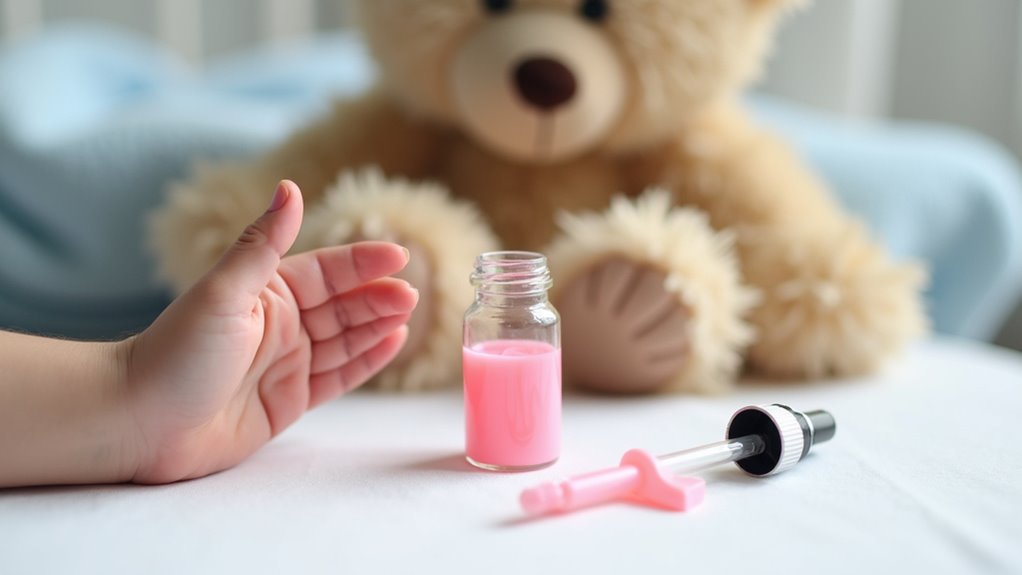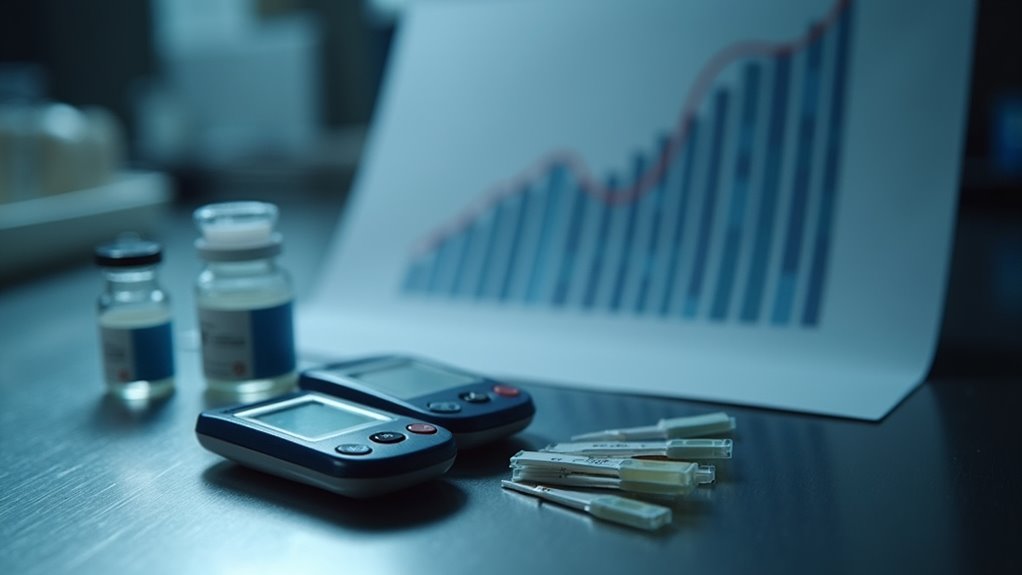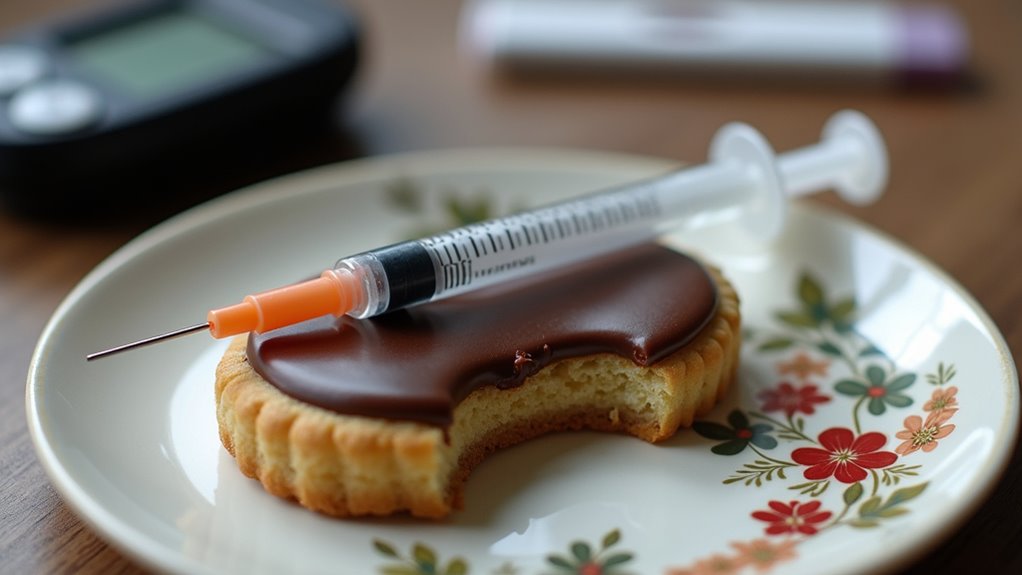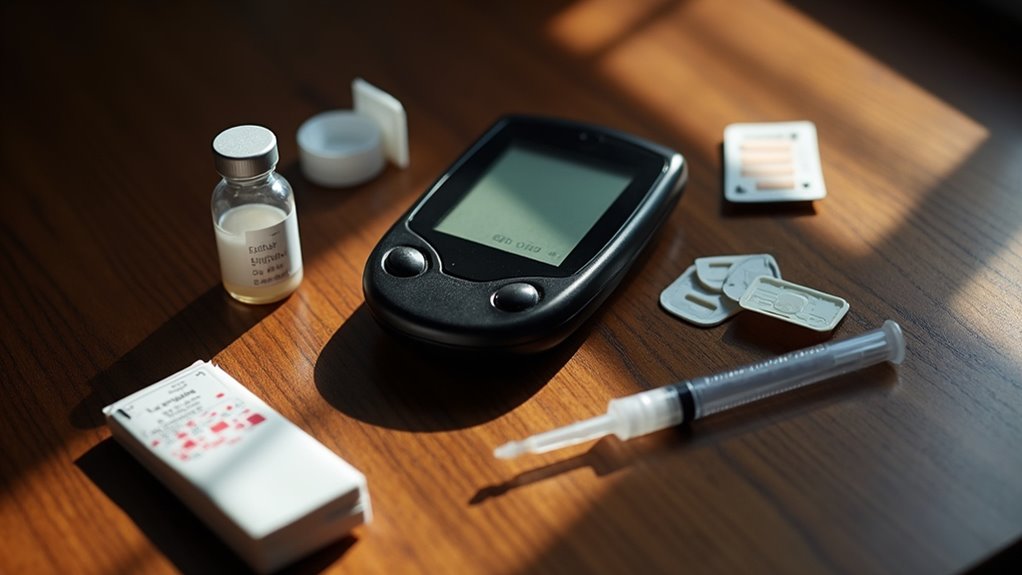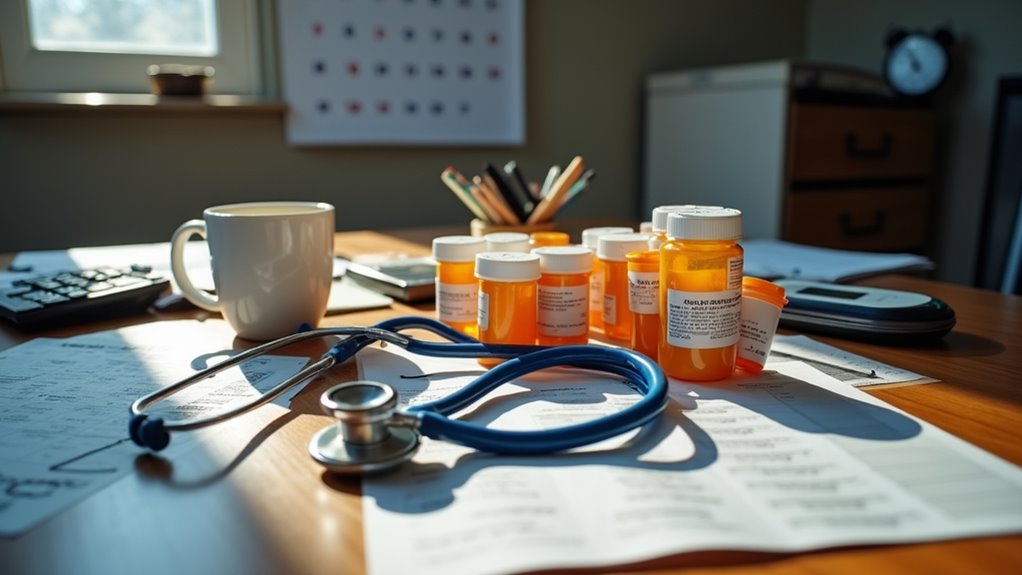While parents reach for antibiotics to fight childhood infections, these medicines may be silently disrupting their baby’s future metabolic health. Recent research reveals a troubling connection between early-life antibiotic use and increased diabetes risk. It’s not just a minor concern—it’s a potential metabolic time bomb.
The silent price of antibiotics—trading today’s infection for tomorrow’s metabolic dysfunction in our children.
The problem centers on insulin-producing cells. Antibiotics, especially broad-spectrum types, can stunt the growth of pancreatic beta cells that produce insulin. And timing matters. Babies experience a once-in-a-lifetime surge in beta-cell growth during their first year. Miss that window? Too bad. Those cells don’t get a second chance to develop properly.
It’s all about the microbiome—that ecosystem of microbes living in your gut. Turns out, certain microbes play an essential role in helping those insulin-producing cells grow. One fungus in particular, Candida dubliniensis, actually promotes insulin cell growth. Wipe out these beneficial organisms with antibiotics, and you’re potentially setting your child up for metabolic problems down the road. Type 2 diabetes can develop slowly over years without noticeable symptoms.
Animal studies show the evidence clearly. Mice given antibiotics early in life developed higher blood sugar levels and reduced insulin production. Their pancreatic development was compromised. Not exactly what any parent wants for their child. Especially concerning is the fact that male mice predisposed to Type 1 diabetes developed it at 90% higher rates without exposure to beneficial microbes.
Different antibiotics carry different risks. Penicillins, macrolides—they all disrupt the gut microbiome in various ways. The broader the spectrum, the greater the potential damage to those beneficial microbes that support metabolic health. As demonstrated in the Science study, mice exposed to broad-spectrum antibiotics showed significantly reduced beta cell production and subsequent metabolic issues in adulthood.
But it’s not all doom and gloom. Scientists are exploring microbe-based treatments that could restore pancreatic health. Future therapies might involve beneficial microbes to prevent or even reverse diabetes. Candida dubliniensis holds particular promise as a potential therapeutic agent.
The takeaway? Maybe think twice before demanding antibiotics for every sniffle. Sometimes the cure might carry unintended consequences that last a lifetime. Your baby’s microbiome—and future metabolic health—may depend on it.
